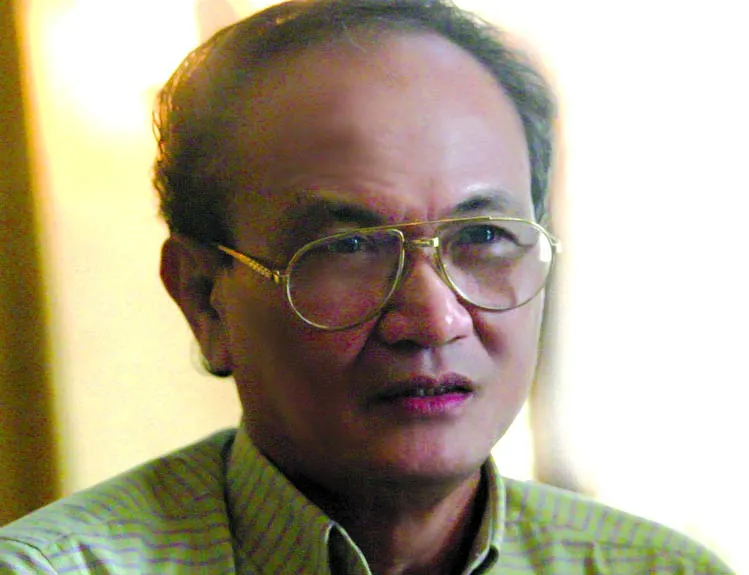Elections show right of reply doesn’t have to be legislated
FOI, access to information
Elections show right of reply doesn’t have to be legislated
PACHICO A. SEARES
July 15,2017

THERE are two ways of looking at the legislated right of reply during elections, as provided by the Fair Election Act of 2001:
[1] It is not necessary since media generally practice it;
[2] Media practice it because it is compelled by the law and enforced by the Commission on Elections (Comelec).
What is clear is that there have been no publicized complaints about its violation since the national and local elections in 2001 when it was first made mandatory.
It wasn’t given “much emphasis” in past elections, a Cebu Comelec official told Rose Versoza in an article for CJJ. No candidate has complained he was shut out. If there was a complaint, it must have been acted upon promptly, thus averting Comelec intervention.
Media claims it doesn’t deny the right of reply, especially when sought by an aggrieved person. And no politician, particularly in Cebu, has gone to court to exercise that right.

Pachico A. Seares. Columnist, founding editor of three dailies, chairman of Cebu Media Legal Aid
Contest
So what’s the need for it in election law (Republic Act 9006) and Comelec regulation (Resolution 3636 and 9615)? Going further, what’s the imperative of making it compulsory, even when it’s not election season, after the publication of a charge against a person? The proposal has long been pending in Congress, which, incidentally, some legislators have used to trade off with the passage of a Freedom of Information law.
In a case which attacked legislated right of reply under the election law, the Supreme Court cited the “concern for a free, honest, orderly, fair and credible elections,” saying it should not be viewed “purely as a contest between freedom of speech and expression on one hand, and the right of reply, on the other hand.”
Validity and wisdom of the law though may still have to be tested under more hostile conditions, such as when complainant and news outlet clash on the prominence and space or time given to the reply. Core of media opposition, on top of the constitutional issue, is the meddling with editorial decision on content and display.
It hasn’t come yet to a head-on collision. Most media organizations appear to have managed to cope with politicians who compete for media exposure. And right of reply of the election law seems headed for the archive on dead-letter provisions. 
